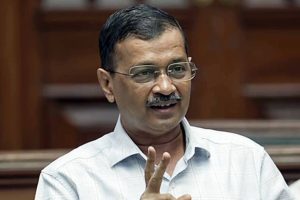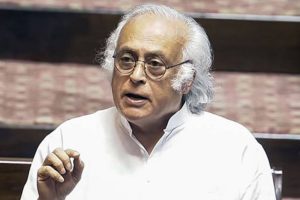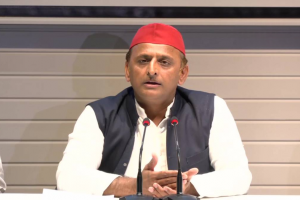The Supreme Court on Thursday acknowledged the Centre’s request for seven days to file a detailed response in the case challenging the Waqf (Amendment) Act, 2025, while firmly ruling out a complete stay on the legislation at this stage.
Appearing for the Centre, Solicitor General Tushar Mehta assured the bench that a preliminary reply along with supporting documents would be submitted within a week. He urged the court not to impose a blanket stay, emphasizing that the Act was the result of a considered legislative process and that numerous representations had been received regarding land classifications under Waqf.
The three-judge bench, led by Chief Justice of India Sanjiv Khanna, with Justices PV Sanjay Kumar and KV Viswanathan, reiterated that the status quo must be preserved while the court examines the matter. The Solicitor General also committed that no new appointments to Waqf Boards or Councils would be made until the next hearing.
The court made it clear that existing Waqf properties, whether notified or registered based on user, would not be de-notified during the proceedings. It also addressed concerns over contentious provisions, such as the inclusion of non-Muslims in Waqf Boards and the powers of Collectors in property disputes.
The bench proposed a balanced interim arrangement, allowing ongoing processes while suspending controversial provisos. For example, the court noted that Collectors may proceed with related matters, but the specific provisos empowering them will not be enforced unless the court allows it.
The CJI remarked that the government cannot rewrite history through recent amendments, particularly in reference to allowing the de-notification of properties long considered Waqf. Justice Viswanathan compared the issue to the Hindu Charitable Endowments Act, suggesting that just as Hindus govern Hindu endowments, Muslims should govern Waqf institutions.
Senior advocate Kapil Sibal, representing a petitioner, argued that letting a government-appointed Collector decide the religious status of land was unconstitutional. He further pointed out that the inclusion of non-Muslims in Waqf bodies could be seen as an infringement on the religious autonomy of India’s 200 million Muslims.
Concerns were also raised over recent violence in Murshidabad, West Bengal, linked to tensions surrounding the Act. The court said it was disturbed by the unrest and reaffirmed that the matter would be resolved judicially.
Multiple petitions have been filed by prominent leaders and organizations across the political and religious spectrum, challenging the constitutional validity of the amended Act. These include AIMIM MP Asaduddin Owaisi, Congress MPs Mohammad Jawed and Imran Pratapgarhi, AIMPLB, Jamiat Ulema-i-Hind, Samastha Kerala Jamiatul Ulema, and several state-level parties and activists.
On the other side, BJP-led state governments and organizations like Hindu Sena and Akhil Bharat Hindu Mahasabha have moved the court in support of the legislation.
The court will resume hearing the case after the Centre files its response, while maintaining the present conditions to ensure legal and social stability around the sensitive issue.





